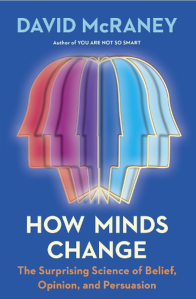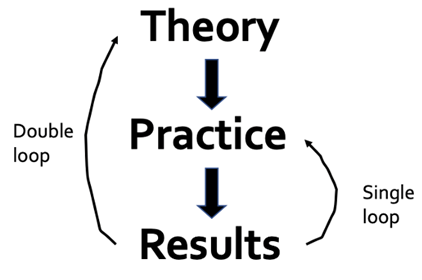200 words (3 minutes reading time) by Tim Whistler
I drafted a response to Colin Weatherby’s post and then decided to ask ChatGPT for help. I was heading down the same path as Colin with a rather dry and technical post. So, I asked ChatGPT to re-write my post as a rousing speech. Something you might hear from someone like Churchill (or me on a soap box).
Here it is.
“Ladies and gentlemen, it’s time to rise above the mundane, the short-sightedness, and the status quo. Colin’s technical jargon may have dulled the urgency of the situation, but let me be clear: what we are witnessing is not just disappointing; it’s nothing short of disastrous.
Are we really going to entrust the future of our councils to mere “minders”? Leaders, they are not, for they are steering our councils toward perilous waters, leaving behind a legacy of mess and irresponsibility.
It’s painfully evident that these so-called leaders are opting for the path of least resistance. They’re making decisions that may be easy for them but detrimental to our communities. It’s time for change, and it starts with our councillors.
Our councillors must possess the skills and determination to hold CEOs accountable, not just for short-term gains but for the long-term well-being of our communities. It’s a challenging task, no doubt. But let’s not forget that some among us are mired in short-term thinking, obsessed with the next election, and their own political fortunes. While they may not represent the majority, they exist.
I recently had a conversation with a seasoned local government CEO, and what he revealed was eye-opening. Many CEOs have thrived simply by keeping the council’s finances in check and maintaining cozy relationships with their councillors. But let me ask you, is this a formula for high-performance governance that meets the needs and expectations of our communities? I think not.
What we need, my friends, is nothing short of a transformation in local government. The rate cap has left our current system teetering on the brink of failure. And relying on OECD thinking alone won’t save us from this impending disaster, nor will it shield our communities from the fallout.
So, I implore you, let’s rally together for change. Let’s demand true leadership, accountability, and a vision for the long-term prosperity of our councils and communities. It’s time to act, for the future of our local government depends on it.“
Continue reading →





